10 Hottest Semiconductor Companies To Watch In 2021
A look at some of the hottest chip startups and semiconductor giants in 2021 that are making big, bold moves and shaping the future of IT and beyond.

Shaping The Future Of IT
The semiconductor industry is in the midst of some major changes, including the way Intel makes chips and who own the keys to chip designs for most of the world’s smartphones.
As upstarts spring up to take on Intel, AMD and Nvidia, the three large semiconductor companies are all going through their own transformations that have big implications for the IT world and, consequently, for the solution providers who sell PCs, servers and other hardware types.
[Related: 5 Things To Know About Intel’s Game-Changing IDM 2.0 Strategy]
The latter two are undergoing multibillion-dollar acquisitions that will dramatically expand their product portfolios and the markets in which they operate while Intel is evolving its integrated device manufacturing model to overcome future chip shortages and become more essential than ever before.
What follows are the 10 hottest semiconductor companies to watch in 2021, and they include a mix of large, established companies and the startups that are challenging them.
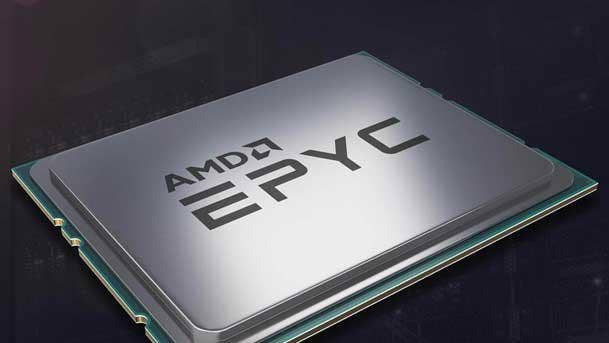
AMD
AMD is making a bigger play for the enterprise with its recent launch of third-generation EPYC processors for servers and Ryzen Pro 5000 processors for business laptops. The Santa Clara, Calif.-based company saw its overall x86 CPU market share for 2020 grow 6.2 points to 21.7 percent over the previous year. It’s hoping to continue those gains with more than 100 new server platforms supporting third-generation EPYC, more than 400 EPYC-based cloud instances and more than 150 laptops supporting AMD’s new Ryzen 5000 processors this year. AMD is also planning to expand its portfolio with its pending $35 billion acquisition of programmable chipmaker Xilinx, which is set to close in 2021.

Ampere Computing
Ampere Computing is taking advantage of Arm’s Neoverse server CPU architecture to provide processors it said are faster than Intel’s and AMD’s top chips for the cloud. Led by former Intel executive Renee James, the Santa Clara, Calif.-based semiconductor startup in 2020 revealed its 128-core Altra Max processor last year after launching the 80-core Altra a few months before. The Altra Max is set to begin volume production later this year, and it will provide the “industry’s highest socket-level performance and I/O scalability” while also providing optimal power efficiency. The company’s processors are already available in systems from Gigabyte and Wiwynn, and they also have early support from Oracle Cloud and Equinix Metal, a bare-metal cloud provider formerly known as Packet.

EdgeQ
EdgeQ is taking on Intel in the 5G infrastructure space with a new, AI-infused modem that can replace multiple components in a base station at the fraction of the cost. The Santa Clara, Calif.-based startup revealed its synonymous “base-station-on-a-chip” earlier this year, promising a 50 percent reduction in total cost of ownership for 5G base stations over competing offerings. The startup showed off the RISC-V-based chip after emerging out of stealth mode last November with $51 million in funding, and it has since added former Qualcomm CEO and Executive Chairman Paul Jacobs and former Qualcomm CTO Matt Grob as advisers. The EdgeQ chip can perform AI functions for edge computing applications while also using AI to improve network capabilities.

Fungible
Fungible wants to remove costly inefficiencies for workloads like virtualization and storage in the data center with its synonymous data processing unit. After revealing the Fungible DPU last August, the San Jose, Calif.-based startup showed off its first line of data-centric platforms, the Fungible Storage Cluster, which provides a high-performance, secure, scale-out, disaggregated data storage platform. The company said the rack solution can help consolidate workloads, increase utilization of storage media and improve footprint as well as dollars per IOPS by at least three times over existing software-defined offerings. The company has raised more than $300 million from investors, including a $200 million Series C round from 2019 that was led by the SoftBank Vision Fund.
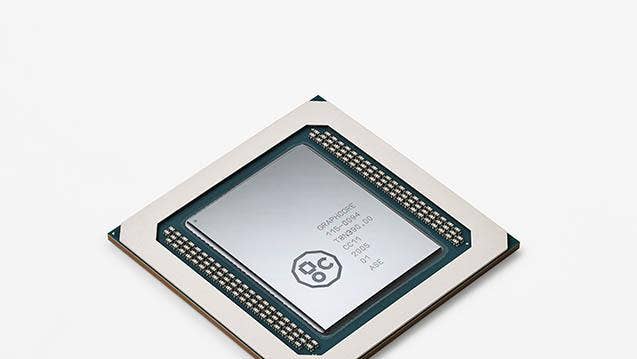
Graphcore
Graphcore is taking on Nvidia’s AI prowess with its line of intelligence processing units that it said can outpace the rival’s A100 GPU. Last year, the Bristol, U.K.-based startup launched its Colossus MK2 IPU, which consists of 1,472 independent processor cores, 8,832 separate parallel threads and 900 MB of on-board ultra-high-speed RAM. The startup’s purpose-built 1U M2000 system is outfitted with four MK2 IPUs, making it capable of 1 petaflop, or 3 quadrillion calculations per second. The M2000 is also equipped with the startup’s ultra-low-latency IPU-Fabric, which can support scale-out deployments of up to 64,000 IPUs. The startup recently said that its IPUs are now supported by Supermicro Ultra servers, which are available through the Graphcore Elite Partner Program.
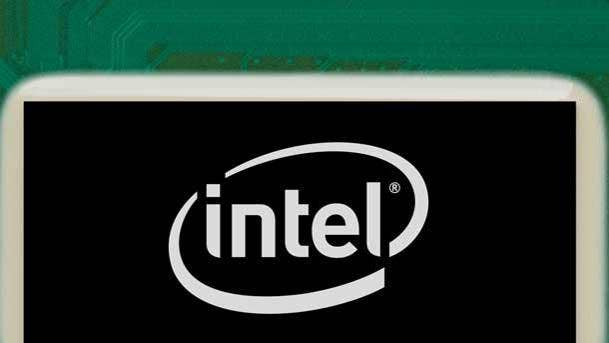
Intel
Intel is charting a new bold path in a bid to remain an essential chipmaker with its IDM 2.0 strategy. The new strategy, revealed in March, is a “major evolution” of its integrated device manufacturing model and will include a massive expansion in internal manufacturing, the ramping up of external foundries for some top products and the launch of a new foundry services business. Pat Gelsinger, the company veteran who recently returned as Intel’s new CEO, said the new strategy will allow Intel to return to “unquestioned leadership” for process technology and for products. The company has several CPU families coming out this year, including Ice Lake for servers and Alder Lake for PCs.

Nvidia
Nvidia is adding new networking and compute capabilities to its base GPU business to become the “world’s premier computing company.” The Santa Clara, Calif.-based company closed its $7 billion acquisition of Mellanox Technologies last year to add high-speed interconnects and SmartNICs to its portfolio while also enabling the company to introduce new products, such as next-generation data processing units and hybrid GPU-SmartNIC products. With the release of the A100 GPU last year, the company has expanded its line of DGX systems for AI computing. The company is hoping to further expand its compute offerings with its pending $40 billion acquisition of British chip designer Arm.
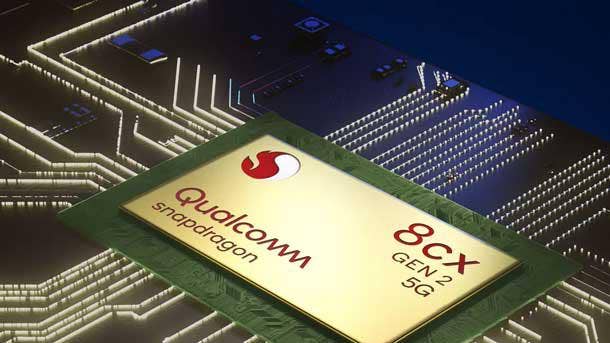
Qualcomm
Qualcomm is hardening its CPU capabilities with its new $1.4 billion acquisition of chip startup Nuvia. The San Diego-based company recently closed on the acquisition and said it plans to use the startup’s IP to internally design CPUs for high-performance, ultra-portable laptops, which are expected to sample in the second half of 2022. The company said Nuvia’s IP will also be extended to smartphones, digital cockpits, advanced driver assistance systems, extended reality and infrastructure networking solutions in the future.
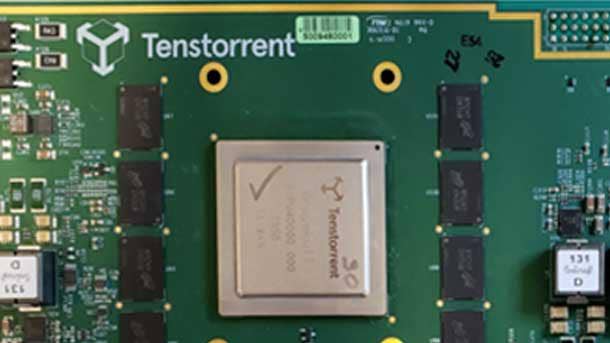
Tenstorrent
Tenstorrent is taking on Nvidia and other AI chipmakers with its Grakyskull processor, which it said is the first to use a conditional execution architecture to dynamically eliminate unnecessary computation, making it easier to process larger AI models. At the beginning of the year, the Toronto, Ontario-based startup said it had hired chip design legend Jim Keller—who previously did groundbreaking silicon work at Tesla, Apple and AMD—as president and CTO. The company has raised at least $33.2 million in capital from investors, including Eclipse Ventures and Real Ventures.
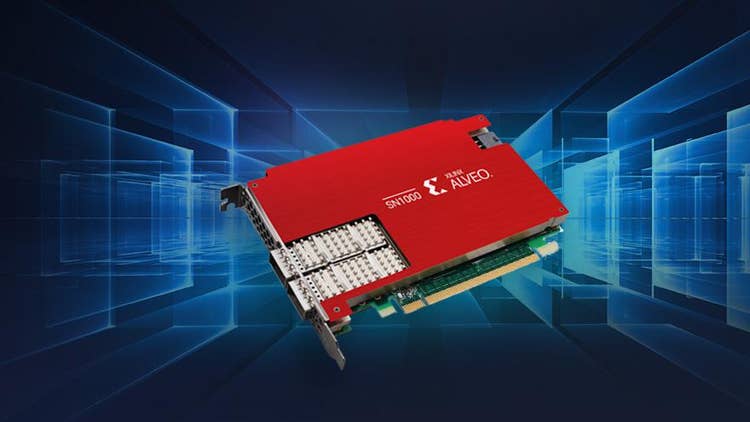
Xilinx
Xilinx is forging a new path for adaptable and intelligent computing with its field-programmable gate arrays, which are being used for new kinds of accelerators and network cards that compete with products from Nvidia, Intel and beyond. The Santa Clara, Calif.-based company recently revealed the new 100-gigabit Alveo SN1000, the “industry’s first” composable SmartNIC that can accelerate a variety of storage, network and security workloads typically handled by the CPU. The company also recently launched the Smart World platform, which it said can provide the “industry’s lowest” total cost of ownership for AI video analytics applications using Xilinx’s Alveo accelerators. The company is in the process of being acquired by AMD for $35 billion.